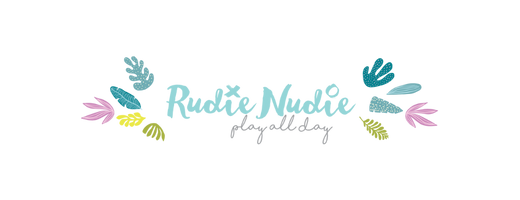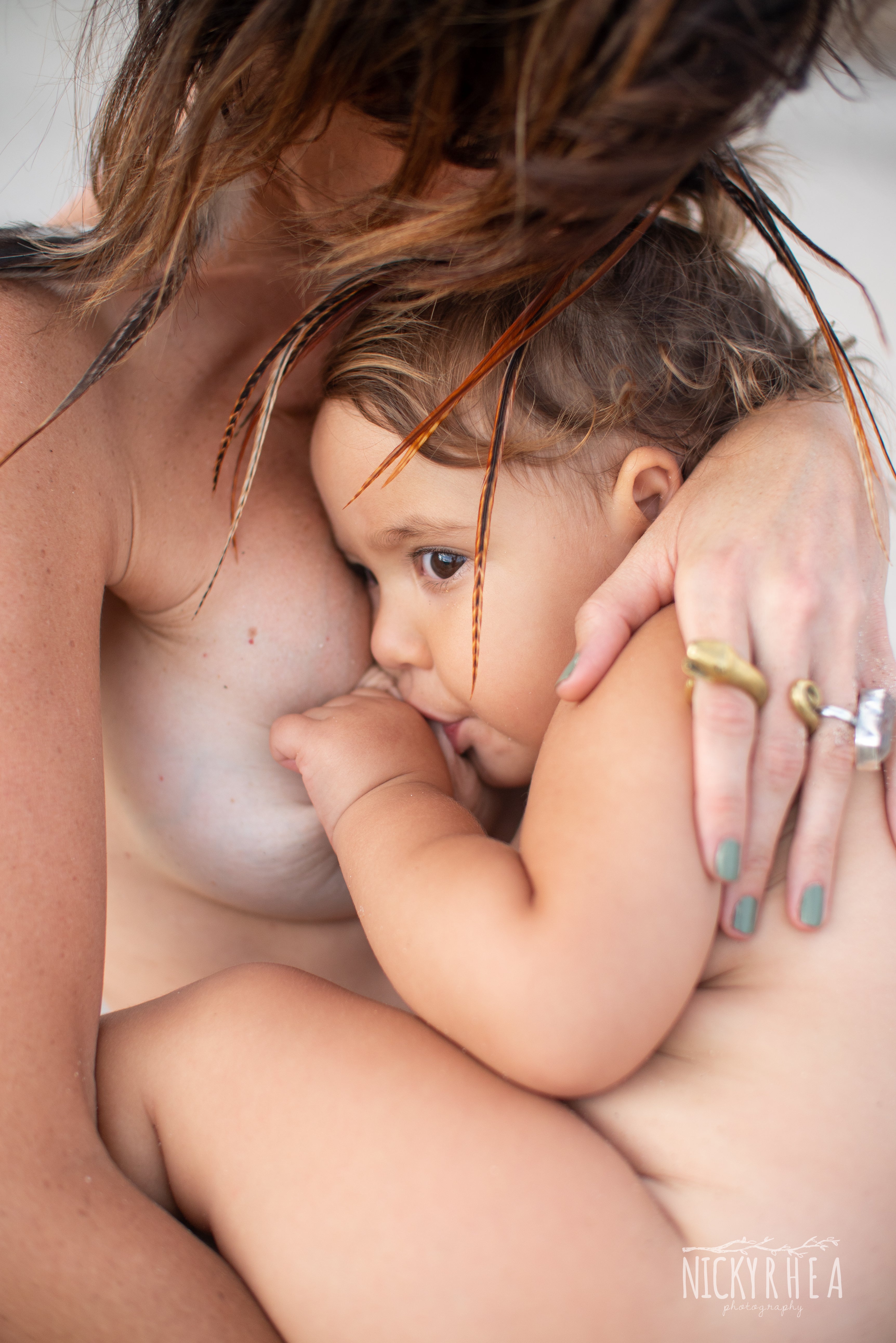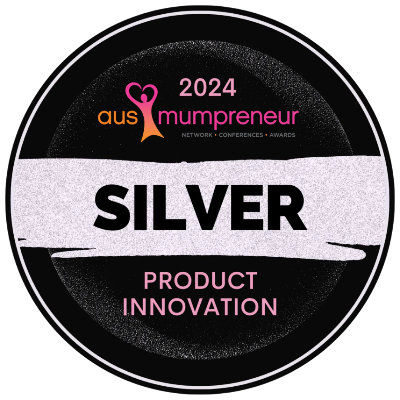When I think back to the start of my breastfeeding journey, I would have to say it started with the breastfeeding class at the hospital. My partner and I sat in there, ready to soak up all of the tips to give me the best chance to be able to breastfeed.
It sounded so easy - ‘Your baby will naturally crawl towards your breast when they are placed on your chest and 80% of babies will latch on within the first hour.’
My experience was far from easy though and it almost destroyed me trying to get there. It was a tough routine for the first 6 weeks with feeding and expressing every 3 hours around the clock and many challenges all mixed in. I was really disappointed that it was so hard, but when I spoke to a lot of friends, it seemed that this was quite normal. So perhaps the expectations set in the breastfeeding class weren’t quite realistic.
I ended up finding Susan Shaw through a friend. Susan is a private lactation consultant, who absolutely saved the day. After seeing 6 different lactation consultants in the first 3 weeks, I can honestly say I wouldn’t have continued breastfeeding if I hadn’t have met Susan. She has also helped many of my friends since with their breastfeeding and we all swear that she is an angel sent from heaven!
So I thought that I would love to ask Susan a few questions to get some helpful tips and realistic opinions from her on the topic of breastfeeding and what first time Mums should really expect.
Jacqui: It would be great to start off by hearing what advice you offer to expectant Mums on what they can expect with breastfeeding when they first meet their baby.
Susan: Every mother baby unit is so different. It also depends on the method of delivery. The amount of medication that the mother has had during the delivery can often impact on how a baby will behave once it’s born. Whether it is a cesarean delivery or vaginal, ANY medication taken by mother including spinal, epidural or induction, all impact on the newborn’s behavior and first breast feed, often making babies quite sleepy and not too keen to want to breastfeed.
It’s really important to allow a baby to do what it needs to do at the chest, and we’ve got to allow the baby to discover and explore themselves. So long as the mother and baby aren’t unwell, then there should be uninterrupted skin to skin time, to give baby the best chance of latching on. Too many people come in to say let’s weigh your baby or to give them medications, but most of those things can be done whilst the baby is on mum’s chest. Weight taken soon after birth or hours later should have no impact, this initial skin to skin is so important and shouldn’t be interrupted unless the mother and or baby were unwell.
A little bit of hand expressing may allow the baby to get a taste of the breast milk and may entice them to try a bit harder to latch on.
I try to prepare mothers by getting them to do some hand expressing from 36 weeks onwards, providing that they ask permission from their Obstetrician or Midwife to make sure that there aren’t any complications with the pregnancy. They can then freeze the expressed milk, so that there is some on hand before a mother’s milk comes in, especially if mother has gestational diabetes (GT), or insufficient glandular tissue (IGT) etc.
Jacqui: Is there anything that you would recommend for pregnant Mums to do to prepare for breastfeeding?
Susan: Again, hand expressing if they can at 36 weeks plus [with OB or Midwife’s support].
Familiarise themselves with their nipples by massaging something like coconut oil into their breasts. In terms of preparing breasts, it’s best to leave them alone. Avoid putting soap on them and it’s not necessary to toughen nipples up or do anything to our breasts.
Jacqui: In what circumstances would you recommend that new Mums express milk? And what is the best way in the early days/weeks?
Susan: I recommend that mums express if a baby is not gaining weight or if a mother has had issues in the past with previous pregnancies where babies haven’t grown well or have had issues with low milk supply with previous babies, IGT, GT.
Babies take about 70 - 80% of the milk that is available to them and if you express a bit extra, then your breasts will make extra. It’s really important to make sure you don’t express too much, which could create an oversupply and could cause engorgement. The milk supply and demand starts to balance out at around 6 weeks, which will allow mothers to express after a morning feed for 5-10 minutes each side. To save milk in the freezer, before the baby is 6 weeks old, can cause risks of oversupply.
Jacqui: How do you know if a newborn is getting enough milk?
Susan: It’s really related to output - mainly growth and behaviour. The key points are:
How many wet and dirty nappies are they having?
As a guide, you can expect the following number of nappies on each day:
Day - 1, Day 2 - 2, Day 3 - 3, Day 4 - 4, Day 5 - 5 and from Day 5 onwards - at least 5-6 good wet nappies.
In addition to this, look out for:
- Clear and odourless urine [not the dark concentrated urine]
- At least 3 soft bowel motions per day, at least for the first 3-6 weeks, and then as the baby gets older, the bowel actions start dropping down.
- Some weight gain, but realise that the baby is being weighed on different scales, so they might not be completely accurate. Try to focus on weekly weigh ins rather than weighing daily, as this provides a more accurate picture.
- Skin colour and muscle tone - if you pinch bubs skin, it should spring back normally. If you pinch the skin and it stays there, it’s usually the first sign that there is some dehydration.
- Babies should have a minimum of 6 feeds in a 24 hour period
- Is the baby jaundice and too sleepy to feed?
- Failure to thrive due to lack of kilojoules? This tends to be 2-4 weeks down the track.
Jacqui: One of my good friends was extremely anxious when she had her son and was struggling with breastfeeding. When you spoke to her on the phone, you actually recommended that she go and speak with her GP and suggested that breastfeeding may not be the best option right now. I honestly loved you for that advice, because I knew my friend was going through such a tough time and I truly believe that most lactation consultants would still have encouraged her to push on with breast feeding.
Are there many cases when you recommend mums to use formula instead of breastfeeding?
Susan: Yes, because I’m a paediatric nurse as well as a midwife, I see a lot of newborns who are very unwell.
In these situations, we tend to have a very stressed mother and we’re expecting the mother to produce milk when they’re really anxious and stressed about their baby.
If we see babies that are really unsettled and the weight is not increasing and the output is really low, then I’ll ask the mother to see a GP. Maybe the baby has a urinary tract infection, and perhaps the baby doesn’t want to feed because the baby is feeling really unwell. It’s also important to ensure that the baby is still hydrated.
I will give her a good plan on how to feed with expressed breast milk to top up the baby and then possibly suggest to add in formula. If there is history of any cows milk allergies or intolerance in the family, then I recommend that they see their GP, as they may need to look at introducing a hypo-allergenic formula.
Jacqui: What are your thoughts on foods that make babies uncomfortable through breastmilk and what signs would you recommend that mums start asking for help?
Susan: Most of the time you won’t see signs of this until 4- 6 weeks when babies start becoming symptomatic, like dry rough skin, cradle cap, sniffly, mucousy poos, etc. When mums are concerned about what they’re eating in the first 3 weeks, often it’s just a newborn baby who is adjusting to being out of the womb and it is usually due to the immaturity of the newborn gut. If around 4-6 weeks, things don’t seem to be getting any better and is very unsettled, then I start questioning what is actually going on and whether the mum’s diet could actually be impacting the baby.
The five main culprits of food intolerance issues are: Cows milk protein/soy, wheat, eggs, shellfish and nuts.
The other area is colic-type symptoms. There are particular foods that can irritate a baby’s gut, because of it’s immaturity, and by reducing FODMAPS foods, it may be possible to reduce the colic symptoms. There is some research underway at Monash University which is exploring this further.
It’s a very tricky area to identify the foods which are causing the issues, and there are also many other variables that can be affecting the symptoms.
Jacqui: What are your top 3 tips for new mums and how best to survive the first few weeks of motherhood?
Susan: Take it feed by feed, not day by day or week by week. Every feed, the baby and its mother will feel different and if things aren’t working, then they can make a strategy to move forward.
Ensure you have enough support from partner, family and friends and never say no to any help that is offered. Try to make time for you for some time out, if you can.
Some mums don’t get much of an opportunity to enjoy their babies in the first few weeks, and it’s important to remember that you can never spoil your baby. Hold your baby whenever you need to and enjoy those precious cuddles while they are so tiny, they will never be this age EVER gain.
Be kind to yourself and remember that you are doing the best that you can do.
Jacqui: Susan, I would like to say thank you so much for your support with my personal breastfeeding journey [with both of my babies], and for the amazing work you do to instil confidence into new mums who are often really struggling in the early weeks of motherhood. It can be so daunting and overwhelming, yet so incredibly beautiful, and to have people like you involved makes it so much easier. Thank you enormously for sharing your tips with the Rudie Nudie Village today!
Susan has a list of recommended resources on her website. One in particular is Kelly Mom, which has very credible evidence based information on breastfeeding, sleep and parenting. You can find the full list here - http://www.susanshaw.com.au/resources/
IMAGE CREDIT: Nickyrhea Photography - https://www.instagram.com/nickyrhea/







